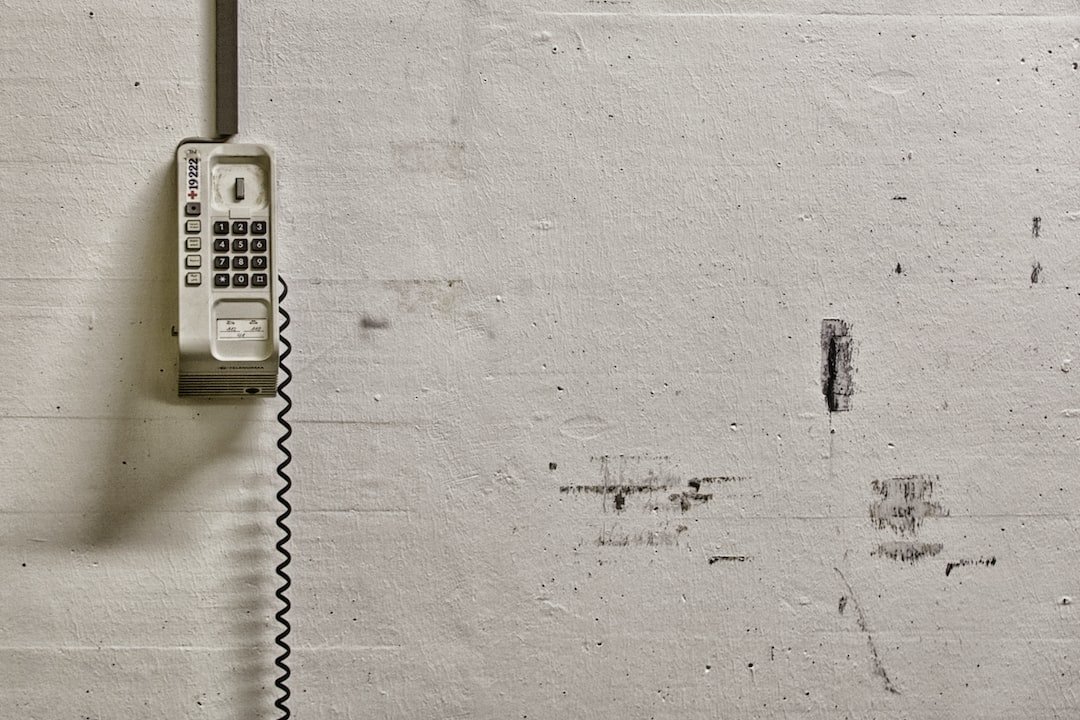DIY vs. professional plumbing services: Which is right for you?
Plumbing issues are a common occurrence in many households. Whether it’s a leaky faucet, a clogged drain, or a burst pipe, plumbing problems can be frustrating and can disrupt the normal functioning of a home. When faced with such issues, one question often arises: should you attempt to fix them on your own, or should you call in professional plumbing services?
DIY, or do-it-yourself, plumbing can be a tempting option. The allure of saving money and the satisfaction of successfully fixing a problem by oneself are strong incentives. However, before grabbing a wrench and diving into the task at hand, it’s essential to consider the pros and cons of DIY plumbing.
One of the primary advantages of DIY plumbing is cost-saving. Hiring a professional plumber can be expensive, especially for minor issues that can easily be fixed at home. With DIY plumbing, you only pay for the materials needed, which can be notably cheaper in comparison. Additionally, DIY plumbing enables you to gather valuable knowledge and skills, making you more self-reliant and capable of handling future plumbing emergencies.
However, it’s crucial to acknowledge the limitations of DIY plumbing. While you may be able to fix minor issues around the house, more complex problems may require specialized expertise and tools. A seemingly simple leak can be indicative of a more significant underlying issue that only a professional plumber can diagnose accurately. Attempting to fix such problems on your own can exacerbate the situation, leading to further damage and a higher repair bill in the long run.
Another disadvantage of DIY plumbing is the time and effort it requires. Plumbing tasks can be time-consuming and may require extensive research and trial and error. If you have a hectic schedule or lack the necessary skills, attempting to fix plumbing issues yourself may cause unnecessary stress and frustration. Professional plumbing services can alleviate this burden, providing timely and efficient solutions.
Additionally, professional plumbers have access to the latest tools and technologies, enabling them to diagnose and address plumbing issues more rapidly and effectively. They are also well-versed in safety regulations and can ensure that all work is conducted in compliance with industry standards. On the other hand, as a DIY plumber, you may not have access to these resources and may compromise the integrity of your plumbing system.
When considering whether to opt for professional plumbing services, it’s essential to evaluate the urgency and complexity of the problem. A minor leak or a clogged drain that can wait a few days for repair may be suitable for DIY plumbing. However, if you have a burst pipe or a significant plumbing issue that affects the functionality of your home, professional assistance is highly recommended.
Additionally, it’s important to be aware of your own skillset and limitations. Plumbing tasks can be physically demanding and require a certain level of expertise. If you’re not confident in your abilities or lack experience, it’s advisable to seek professional help. Remember, a simple mistake can lead to costly repercussions and potentially worsen the problem at hand.
Furthermore, DIY plumbing may not be covered by homeowner’s insurance. If you inadvertently cause damage to your property or injure yourself while attempting to fix a plumbing issue, you may have to bear the financial burden on your own. Professional plumbers, on the other hand, are typically insured, mitigating any potential liability.
In conclusion, the decision between DIY plumbing and professional plumbing services largely depends on the nature of the problem, your skillset, and your available resources. While DIY plumbing can save you money and provide a sense of accomplishment, it may not always be the most practical or cost-effective solution. Professional plumbers bring expertise, efficiency, and peace of mind to the table, ensuring that your plumbing issues are resolved correctly and without unnecessary complications. So, before grabbing your toolbox, carefully assess the situation and make an informed decision that best suits your needs.

